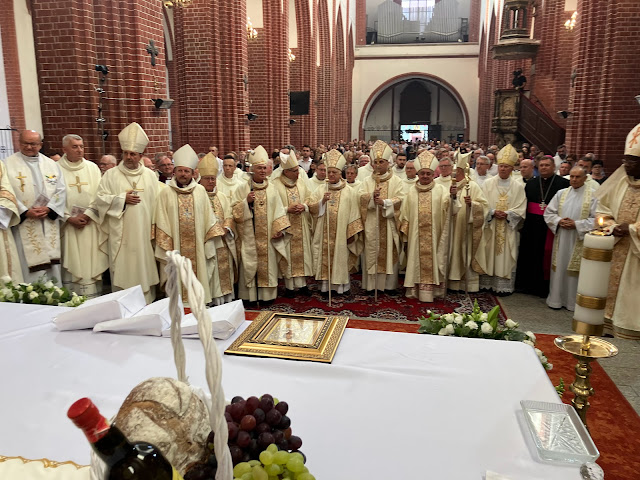A Word About the Clergy Discipline Measure
For one thing he shared a statistic which helps to keep things in perspective. The number of complaints brought under CDM are few: 22,000 clergy are subject to the measure yet in 2008 (the latest year for which we have statistics) there were only about 70 formal complaints in total, including some against bishops and archbishops. Of these only 3 complaints ended up being referred to tribunal. To date, there have been no complaints under CDM in the Diocese in Europe at all.
What does the CDM deal with?
- Doctrine, liturgy or ceremonial. At some point in the future, the Church will need to decide how to address these matters.
- Grumpy complaints by parishioners or lay leaders who want to bully clergy. Of course there are always some who try to abuse legal systems, but general grumpiness is dealt with outside the measure, usually by conciliation.
- Moving times of services, staring at a member of the congregation from the pulpit or sunbathing in scanty clothing in the vicarage garden. (All these were real complaints; as to the latter the complainant had to stand on tip-toe to peer over a high fence in order to observe the alleged offence!)
- Ability of the clergy to do their job properly. There will be ways to address capability under the forthcoming Clergy Terms and Conditions of Service legislation
- Addressing the problem of people not getting on. Pastoral breakdown between clergy and people is serious, but it is not a matter for the CDM to deal with.
- Taking away pastoral responsibility from bishops. Many complaints, after preliminary scrutiny, end up being dismissed by the bishop for insufficient evidence, or for not being a disciplinary matter at all. Complainants can appeal against the bishop’s dismissal, but if the bishop’s decision is “reasonable” and within the law, the appeal would not have much success.





Comments
Post a Comment